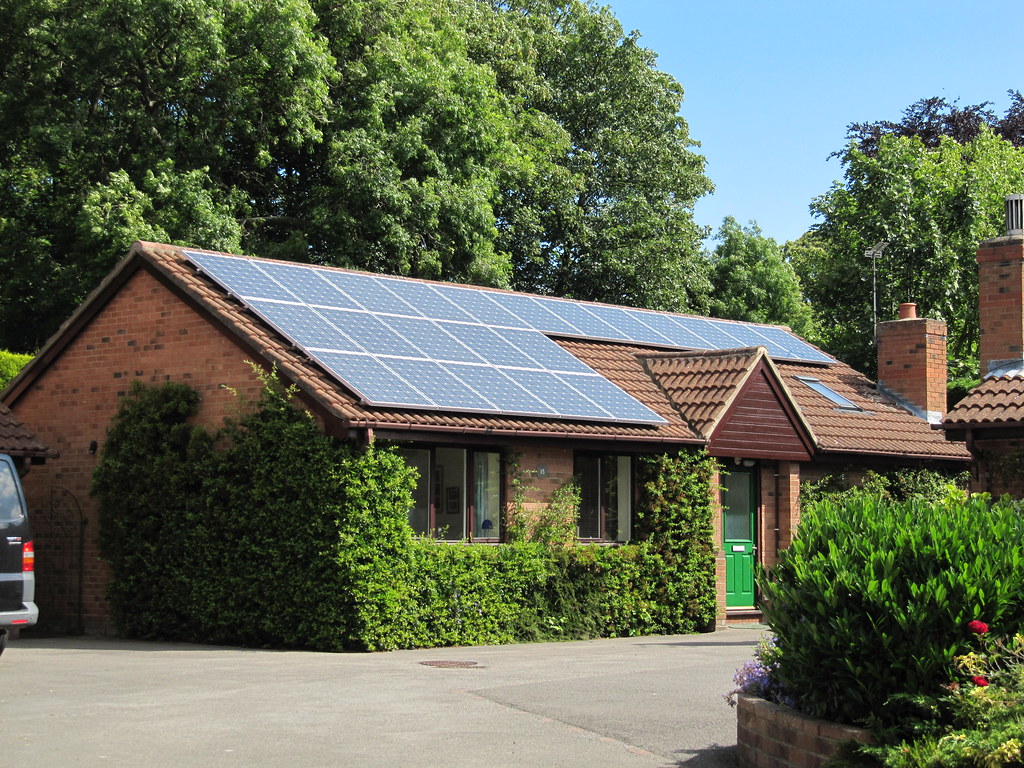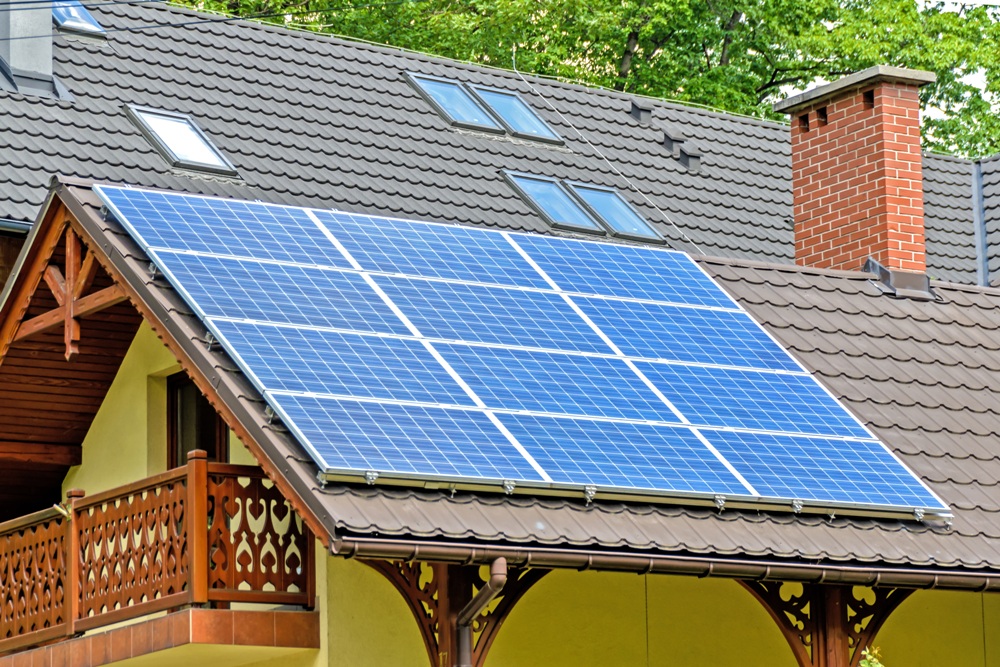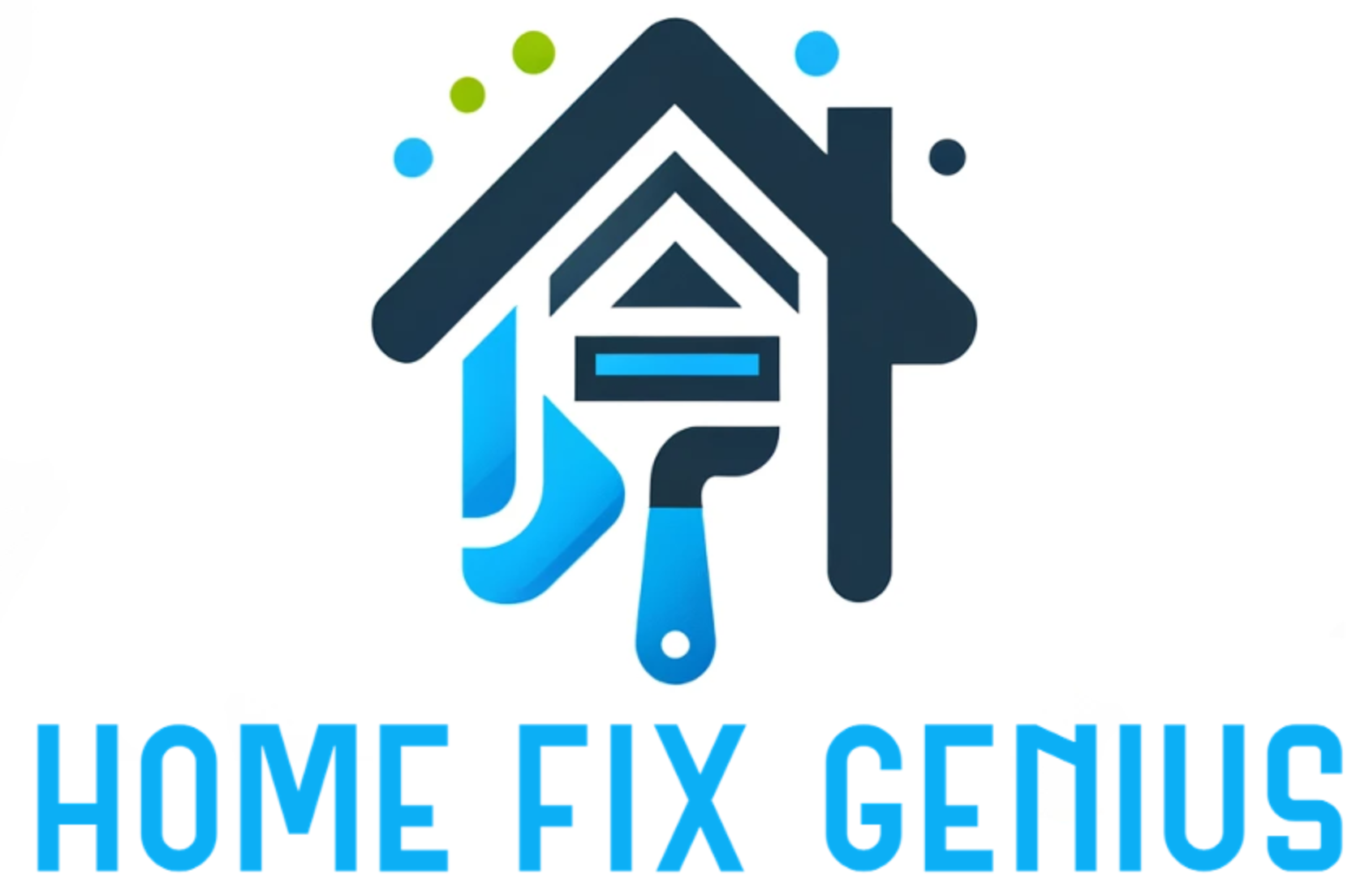
When we think about solar panels, we often envision clean energy, reduced electricity bills, and a step towards sustainability. But have you ever wondered about their impact on the longevity of your roof? In this article, we’ll delve into the fascinating question: do solar panels extend roof life?
Understanding the Dynamics: How Solar Panels Interact with Your Roof
The Protective Shield of Solar Panels
Solar panels act as a protective shield for your roof, shielding it from harsh weather elements such as rain, snow, and UV rays. These panels absorb much of the impact, effectively reducing the wear and tear experienced by your roof over time.
Moreover, solar panels can intercept and deflect debris, such as branches and leaves, which might otherwise accumulate on the roof and contribute to deterioration. By serving as a barrier between the elements and your roof’s surface, solar panels help preserve its structural integrity.
Distributing Weight: Easing the Burden on Your Roof
One concern often raised is the weight of solar panels. However, modern mounting systems are designed to distribute the weight evenly across the roof’s surface. This distribution can actually alleviate stress points, potentially prolonging the life of your roof.
Furthermore, the weight of solar panels is carefully calculated during the installation process to ensure compatibility with your roof’s load-bearing capacity. Professional installers take into account factors such as roof pitch, material, and structural support to ensure a safe and secure installation.
Temperature Regulation: Keeping Things Cool
Solar panels provide an additional layer of insulation to your roof, helping regulate temperatures within your home. By deflecting sunlight away from the roof’s surface, they prevent excessive heat buildup, which can degrade roofing materials over time.
Excessive heat exposure can accelerate the aging process of roofing materials, leading to cracks, warping, and premature deterioration. Solar panels act as a barrier, reducing the direct impact of sunlight on the roof and thereby extending its lifespan.
Examining the Evidence: Research and Real-Life Examples
Research Insights: What Studies Say
Studies have shown that solar panels can indeed extend the lifespan of your roof. By providing an extra layer of protection, they mitigate damage caused by weather exposure, ultimately leading to a longer-lasting roof.
A study published in the Journal of Renewable and Sustainable Energy analyzed the impact of solar panels on roof longevity and found that roofs with solar panels tend to have fewer maintenance issues and require less frequent repairs compared to roofs without solar installations.
Real-Life Experiences: Stories from Homeowners
Many homeowners have reported extended roof life after installing solar panels. From reducing the frequency of repairs to minimizing deterioration, the anecdotal evidence aligns with the findings of various studies.
John, a homeowner from California, installed solar panels on his roof ten years ago and has since noticed a significant improvement in its condition. “Before installing solar panels, I had to repair my roof every few years due to sun damage and leaks. Since going solar, I haven’t had any major issues, and my roof still looks as good as new,” he shares.
Addressing Concerns: Common Misconceptions Debunked
Myth: Solar Panels Cause Roof Damage
Contrary to popular belief, properly installed solar panels do not cause roof damage. In fact, they often enhance the durability of your roof by shielding it from environmental factors.
The key lies in professional installation by experienced contractors who follow industry best practices. By ensuring proper attachment and waterproofing, solar panels can coexist harmoniously with your roof without causing harm.
Myth: Solar Panels Are Too Heavy for My Roof
Modern solar panel systems are lightweight and designed to distribute weight evenly. With proper installation by experienced professionals, the added weight should not pose a significant risk to your roof’s structural integrity.
Moreover, structural engineers typically assess the load-bearing capacity of your roof before installation to ensure compatibility. By adhering to weight limitations and employing advanced mounting techniques, installers can minimize any potential risks associated with solar panel weight.
Myth: Solar Panels Increase Roof Maintenance
While it’s true that solar panels require occasional maintenance, such as cleaning and inspections, they do not necessarily increase the overall maintenance burden on your roof. In fact, they can reduce the need for repairs by protecting the underlying roofing materials.
Routine maintenance tasks, such as removing debris and checking for any signs of damage, are essential for both solar panels and roofs alike. By staying proactive and addressing issues promptly, homeowners can ensure the longevity of their roof and solar investment.
Looking Ahead: The Future of Solar Technology and Roof Longevity
Advancements in Solar Panel Design
As technology continues to evolve, we can expect further advancements in solar panel design aimed at enhancing their compatibility with various roofing materials. These innovations will likely contribute to even greater synergy between solar energy generation and roof longevity.
Emerging trends, such as integrated solar tiles and flexible solar membranes, offer promising solutions for seamless rooftop integration. By blending functionality with aesthetics, these next-generation solar products are poised to revolutionize the way we harness solar energy while safeguarding roof health.
Sustainable Solutions for a Brighter Future
By harnessing the power of solar energy, we not only reduce our carbon footprint but also invest in sustainable solutions that benefit both the environment and our homes. With the potential to extend roof life, solar panels offer a compelling case for homeowners looking to make a lasting impact.
As we embrace renewable energy sources and prioritize sustainability, the marriage of solar technology and roof longevity represents a significant step towards a brighter, more resilient future. By leveraging the sun’s abundant energy while safeguarding our homes, we can pave the way for a greener and more sustainable world.
Conclusion: Enlightening Perspectives on Solar Panels and Roof Health
In conclusion, the question “do solar panels extend roof life?” has a resounding affirmative answer. Through their protective qualities, weight distribution, and temperature regulation benefits, solar panels play a significant role in prolonging the lifespan of your roof. As we embrace sustainable energy solutions, we can rest assured knowing that our roofs are not only powering our homes but also standing the test of time.

FAQs
1. Can solar panels damage my roof?
While improper installation or maintenance neglect can potentially cause damage, properly installed solar panels should not harm your roof. In fact, they often enhance its longevity. However, it’s essential to ensure that the installation is carried out by experienced professionals who follow industry best practices. This includes proper attachment techniques and waterproofing measures to prevent any potential damage to your roof.
2. Do solar panels make my roof more prone to leaks?
No, solar panels are installed with waterproofing measures in place to prevent leaks. Professional installers utilize flashing and sealants to create a watertight barrier between the solar panels and your roof. Additionally, regular inspections can help identify and address any potential issues before they escalate into leaks. With proper installation and maintenance, the risk of leaks associated with solar panels is minimal.
3. Will solar panels increase my homeowner’s insurance premiums?
Typically, adding solar panels to your home should not significantly impact your insurance premiums. In fact, some insurance providers offer discounts or incentives for homes equipped with solar panels due to their enhanced value and reduced environmental impact. However, it’s advisable to consult with your insurance provider to understand any potential changes in coverage or rates specific to your policy and location.
4. Do solar panels require a special type of roof?
Solar panels can be installed on various types of roofs, including asphalt shingles, metal, tile, and flat roofs. However, certain factors such as roof orientation, angle, and shading can affect the efficiency of solar energy production. It’s essential to assess your roof’s condition and consult with a professional solar installer to determine its suitability for solar installation. In some cases, minor modifications or reinforcements may be necessary to ensure optimal performance and longevity of the solar panel system.
5. How do I maintain solar panels to ensure they don’t affect my roof negatively?
Regular maintenance is crucial to ensuring the optimal performance of your solar panels and preserving the integrity of your roof. This includes periodic cleaning to remove dirt, dust, and debris that may accumulate on the surface of the panels and hinder sunlight absorption. Additionally, scheduling annual inspections by qualified professionals can help identify any potential issues such as loose connections or damaged components. By staying proactive and addressing maintenance tasks promptly, you can maximize the lifespan of your solar panel system while minimizing any potential impact on your roof.
